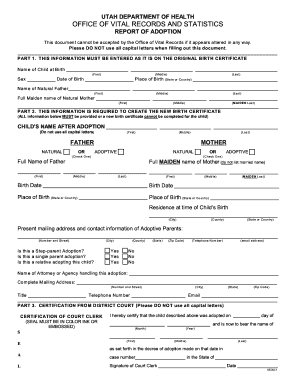

(a) Except as provided in Subsection (4)(b), a court may not discriminate against a parent due to a disability, as defined in Section 57-21-2, in awarding custody or determining whether a substantial change has occurred for the purpose of modifying an award of custody.

(3) If the court finds that one parent does not desire custody of the child, the court shall take that evidence into consideration in determining whether to award custody to the other parent.(2) In awarding custody, the court shall consider, among other factors the court finds relevant, which parent is most likely to act in the best interests of the child, including allowing the child frequent and continuing contact with the noncustodial parent as the court finds appropriate.(ii) The prior consent of the parties may be obtained but is not necessary if the court finds that an interview with a child is the only method to ascertain the child's desires regarding custody.(i) If an interview with a child is conducted by the court pursuant to Subsection (1)(e), the interview shall be conducted by the judge in camera.(ii) The desires of a child 14 years of age or older shall be given added weight, but is not the single controlling factor.(i) The court may inquire of the child's and take into consideration the the child's desires regarding future custody or parent-time schedules, but the expressed desires are not controlling and the court may determine the children's custody or parent-time otherwise.(d) A child may not be required by either party to testify unless the trier of fact determines that extenuating circumstances exist that would necessitate the testimony of the child be heard and there is no other reasonable method to present the child's testimony.(ii) A presumption for joint legal custody may be rebutted by a showing by a preponderance of the evidence that it is not in the best interest of the child.(i) The person who desires joint legal custody shall file a proposed parenting plan in accordance with Sections 30-3-10.8 and 30-3-10.9.(iv) any other factor the court considers relevant including those listed in this section and Section 30-3-10.2.(iii) physical distance between the residences of the parents, making joint decision making impractical in certain circumstances or.(ii) special physical or mental needs of a parent or child, making joint legal custody unreasonable.(i) domestic violence in the home or in the presence of the child.(b) There is a rebuttable presumption that joint legal custody, as defined in Section 30-3-10.1, is in the best interest of the child, except in cases where there is:.




 0 kommentar(er)
0 kommentar(er)
